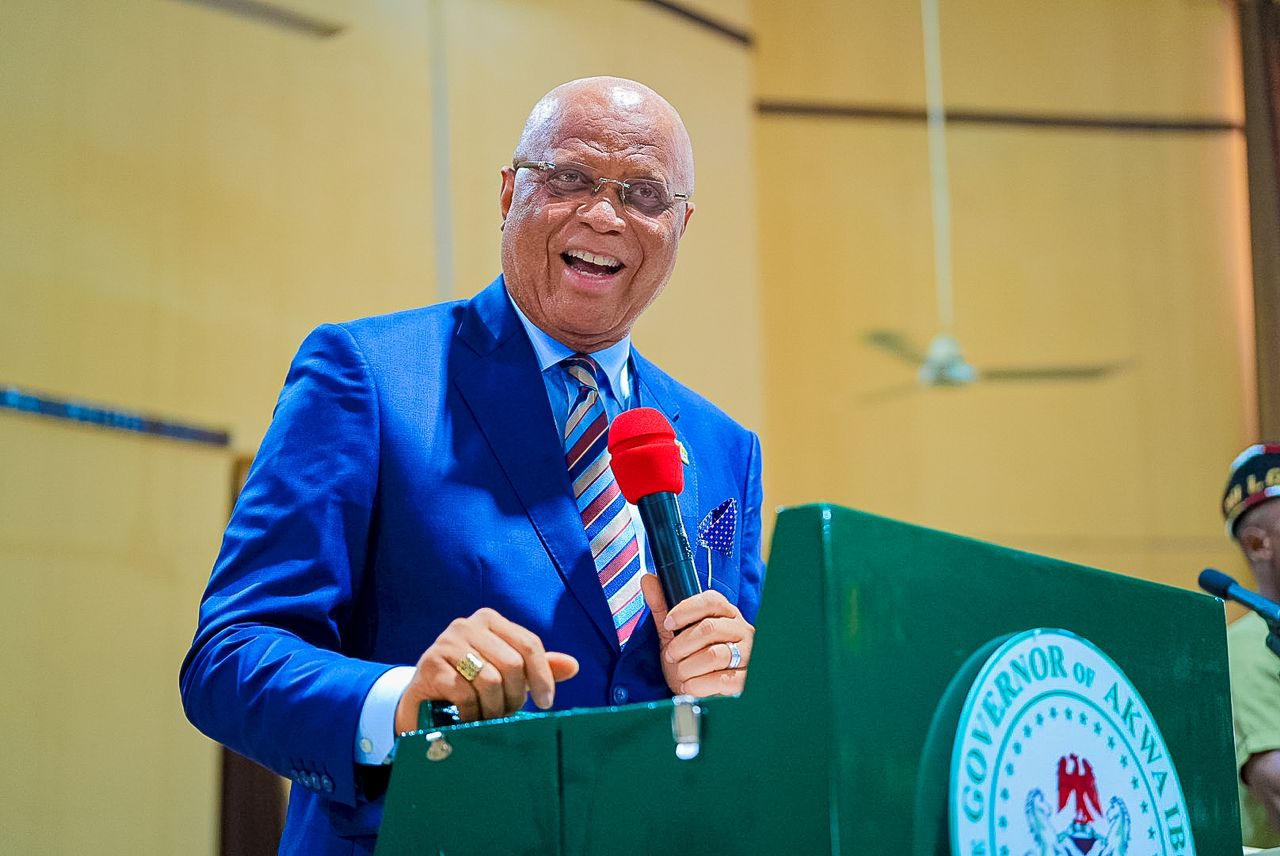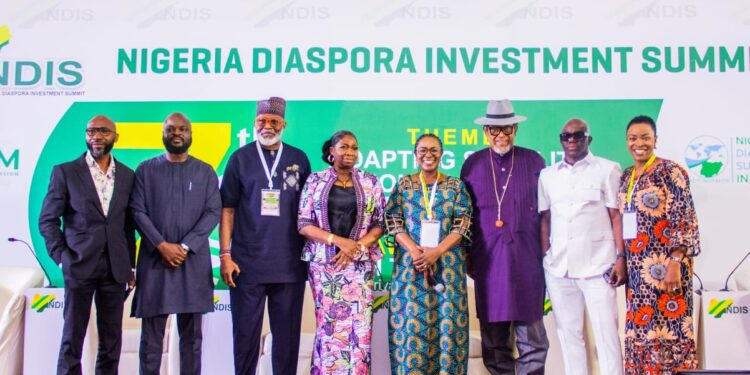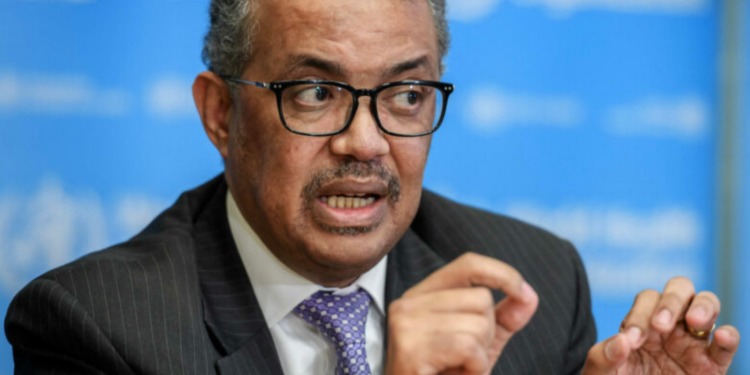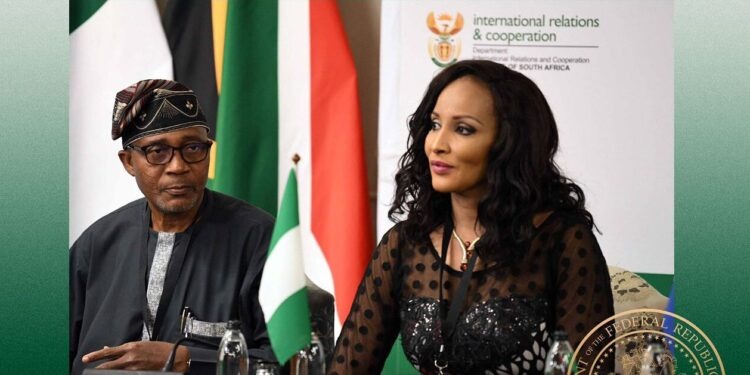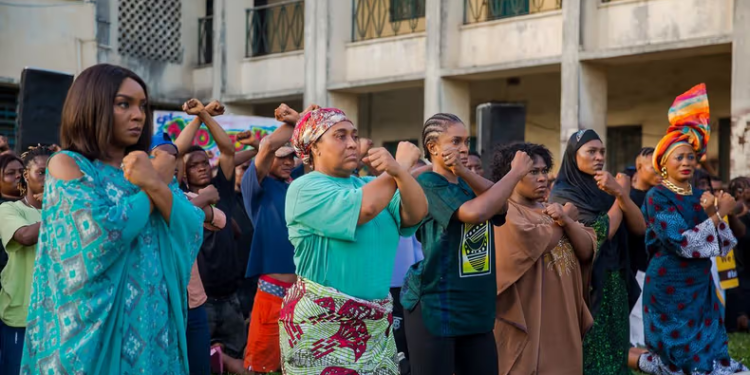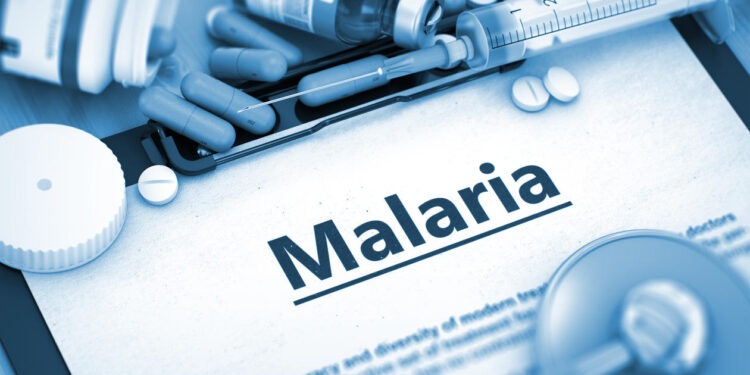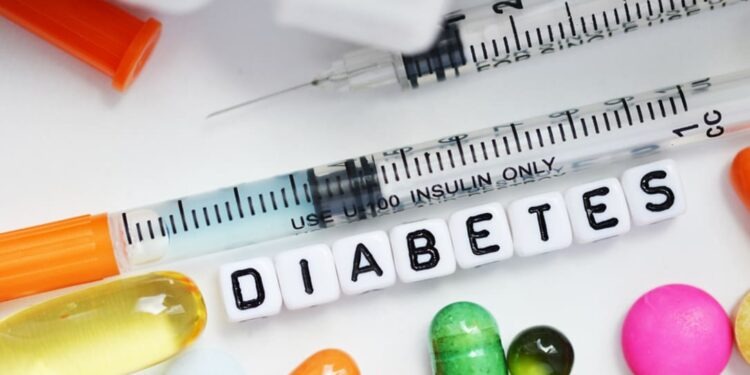The Network of Persons Living with Diabetes in Nigeria has raised concerns over the country’s insulin crisis, as rising prices push patients toward cheaper but riskier alternatives, increasing their chances of serious health issues.
Marking World Diabetes Day 2024 with the theme “Diabetes and Wellbeing,” the group and its partners stressed the urgent need for improved diabetes care in Nigeria.
Speaking at the Patients Advocacy march in Abuja, Comrade Bernard Enyia, Vice President II of the Diabetes Association of Nigeria, urged the federal government, policymakers, and key stakeholders to work towards ensuring that persons living with diabetes in Nigeria have access to equitable, comprehensive, affordable and quality treatment and care.
Enyia, who also co-chairs the National Action on Sugar Reduction Coalition, stressed that prioritizing both the physical and mental health of diabetes patients can be achieved through strong health policies on diabetes.
He appealed to policymakers to prioritize quality care and fiscal health policies that address diabetes and other non-communicable diseases (NCDs).
Enyia emphasized that diabetes care must be accessible to all, noting that physical and mental health must take precedence over profit.
Enyia, who lives with type 2 diabetes, cited alarming statistics from the International Diabetes Federation (IDF): globally, over half a billion people are now diabetic, with 11.2 million of them in Nigeria—more than half undiagnosed.
“In 2021, diabetes claimed 48,375 lives in Nigeria and cost ₦1.81 trillion ($1.81 billion USD) in health expenditures. NCDs now account for 29% of annual deaths in the country, with diabetes leading the charge.
“Also, 29% of annual deaths in Nigeria are caused by Non-Communicable Diseases with diabetes at the top,“ he said.
According to him, diabetes impacts both the physical and mental well-being of millions of people with diabetes and this segment of the population faces daily challenges managing their condition at home, workplaces, and school.
“Over 1 in 3 people with diabetes are estimated to experience distress and untold hardship related to their condition.”, adding that over 60% of people surveyed by IDF indicate that the fear of developing diabetes-related anxiety, depression, and complications puts a toll on their well-being.
Indeed, diabetes care often focuses only on managing blood sugar, leaving many overwhelmed and subject to burnout and depression.
“Urgent action is needed to ensure that personal well-being is prioritized over profits in diabetes health care systems,” Enyia said.
Insulin crisis in Nigeria
A core concern raised was Nigeria’s insulin crisis, which has left many diabetics without access to affordable treatment. Enyia asserts that, presently, there is an insulin Crisis in Nigeria, the prices have skyrocketed beyond the reach of the common man forcing them to resort to cheaper alternatives with a higher risk of breaking down with complications and avoidable deaths.
“Lantus Insulin injection, for instance, increased from N3500 two years ago to N75,000 in 2024.
“Also, the cost of a blood sugar testing machine (Glucometer) which used to sell for N6000 two years ago is now sold at N30,000, a single blood sugar test in the public hospital is N2000, and even more in private hospitals, a pack of test strips now goes for N15, 000, in sales outlets (Pharmacy shops).
“This price hike has forced many to turn to cheaper, less effective alternatives, risking complications and even death, “ he explained.
Impact of Sugar-Sweetened Beverages (SSBs)
Enyia pointed to Nigeria’s high consumption of sugar-sweetened beverages (SSBs)—the highest in Africa and seventh globally—as a contributing factor to the NCD crisis. High SSB consumption, with little nutritional value, has been linked to obesity, type 2 diabetes, hypertension, and other diseases.
“NCDs, including diabetes, contribute to 447,800 annual deaths in Nigeria.”
The Network of Persons Living with Diabetes advocates for a robust tax increase on SSBs, raising it from 1.67% of the retail price to 39% in alignment with World Health Organization (WHO) recommendations.
This increase could generate an estimated ₦729 billion ($471.8 million USD), which could be directed towards diabetes care and prevention programs.
Ending discrimination and ensuring equitable healthcare
Enyia criticized the disparity in Nigeria’s healthcare system, where diabetics often face stigma and discrimination.
While patients with HIV, leprosy, tuberculosis, and neglected tropical diseases receive free tests and treatments, diabetics are forced to pay out-of-pocket for every aspect of their care.
He called this practice unfair and a direct contradiction of the UN’s Sustainable Development Goals (SDGs), specifically Goal 3 on health and well-being and Goal 10 on reducing inequalities.
“Our country provides mosquito-treated bed nets to homes, but we living with diabetes are left to pay every kobo for our treatment, enduring catastrophic health expenses,” Enyia lamented. “This is not equity, and it’s against the SDGs. The government must act to end this marginalization.”
Call to Action: Reforming SSB Tax for Diabetes funding
The Network urges the Nigerian government to increase the SSB tax from ₦10/L to ₦130/L, which would discourage excessive consumption, generate revenue, and reduce healthcare costs. Such a tax could help achieve key global diabetes targets by 2030, including:
80% of diabetics diagnosed
80% achieving glycemic and blood pressure control
60% of diabetics over 40 on statins
100% having affordable access to insulin and glucose monitoring
Enyia and the Network are calling on the Federal Ministry of Health, Federal Ministry of Finance, and related stakeholders to take immediate steps to alleviate the burdens facing Nigeria’s diabetic population.
With comprehensive policy reform, the Network argues, Nigeria can improve the well-being of diabetics, reduce NCD-related productivity loss, and promote a healthier future.
